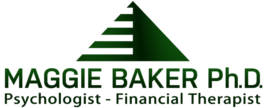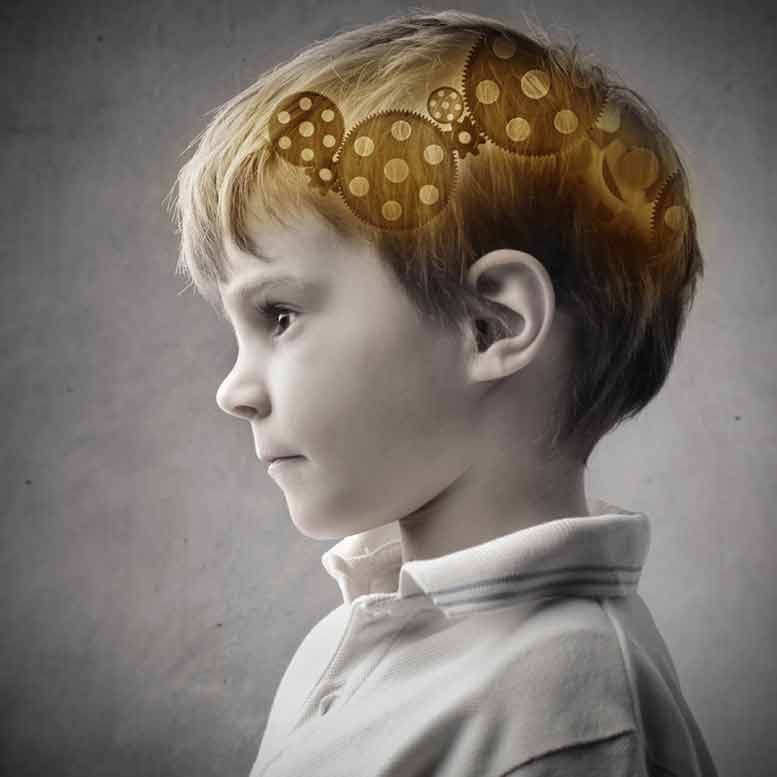Maggie Baker Testing ADHD / ADD And LD
I am trained and experienced in differential diagnostic testing with children, adolescents and adults. Diagnostic testing is a way of clarifying what a person’s problems are and can be useful in developing a treatment plan.
Attention Deficit Hyperactivity Disorder, Inattention Disorder and Learning Differences are diagnoses made primarily on the basis of a person’s cognitive and emotional past. That is, you don’t get ADHD/ADD, you either have it or you don’t. The evaluation focuses on finding evidence of problems with: attention, distractibility, impulsivity, disorganization, processing and learning. Other subtle manifestations of attentional and/or learning problems, through careful history taking and examination of school report cards, standardized testing results and previous psychological reports are an integral part of the assessment. An evaluation can take from 2 to 6 forty five minute sessions. In some cases, where a person’s history is not clear, it may be necessary to do additional psychological testing, including the Quotient ADHD System. Testing can take from 2-6 additional sessions and includes a written report if requested.
Clinical Diagnosis
Differentiating specific problem areas is the function of diagnostic testing. For example, if someone has difficulty concentrating, the source of the problem may be anxiety, depression or other mood disturbances, or a biologically determined cognitive problem like ADHD or LD. Administration of cognitive tests ( like the WISC-IV or WIAT-II [a basic intelligence test and skills achievement test, respectively]) and projective tests, (like The Rorschach Inkblot Test and the Thematic Apperception Test) helps clarify the source of the problem and is effective in developing and guiding a treatment plan.
Maggie Baker, Ph. D.
Psychologist – Financial Therapist
Author of Crazy About Money: “How Emotions Confuse Our Money Choices And What To Do About It”.

